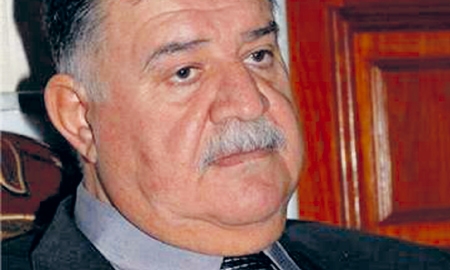
Although the capital city of Erbil is peppered with cranes, infrastructure and many basic services such as electricity and water are still faulty in some areas. This has prompted the Kurdistan Regional Government (KRG) to set these as the focus of its action.
“Infrastructure is a key priority for the Ministry,” says Minister of Finance and Economy Bayiz Saeed Mohammad Talabani. “Above all, we want to provide more services to the Kurdish people. We want to expand the services given to the people so that they may live with dignity.”
To that end, the government has been spending heavily on projects such as the new international airport at Duhok (the region’s third) and the five new dams that are currently being built. They include one at Litan, northwest of Erbil, with a capacity of 2.23 million cubic metres. Rural and urban development, health care, agriculture and microfinancing for small businesses have also received government support.
For example, the Minister says the KRG administration spent 643 billion dinars ($563 million) on real estate development projects in cities and another 560 billion dinars on agricultural development. To date, a total of 70,000 people have benefited from these programmes.
Health care has been a primary focus of the government’s attention. The Finance Minister points out that between 2003 and 2012, close to 300 new hospitals were built – more than were built in Kurdistan between 1920 and 2003.
The region now has 12 universities – 11 more than in 1991 – which provide higher education at no cost to the students, who also receive a monthly stipend. Recent graduates are given the opportunity to continue their education overseas; of those who do, some 85 per cent choose to study in the United Kingdom.
0 COMMENTS